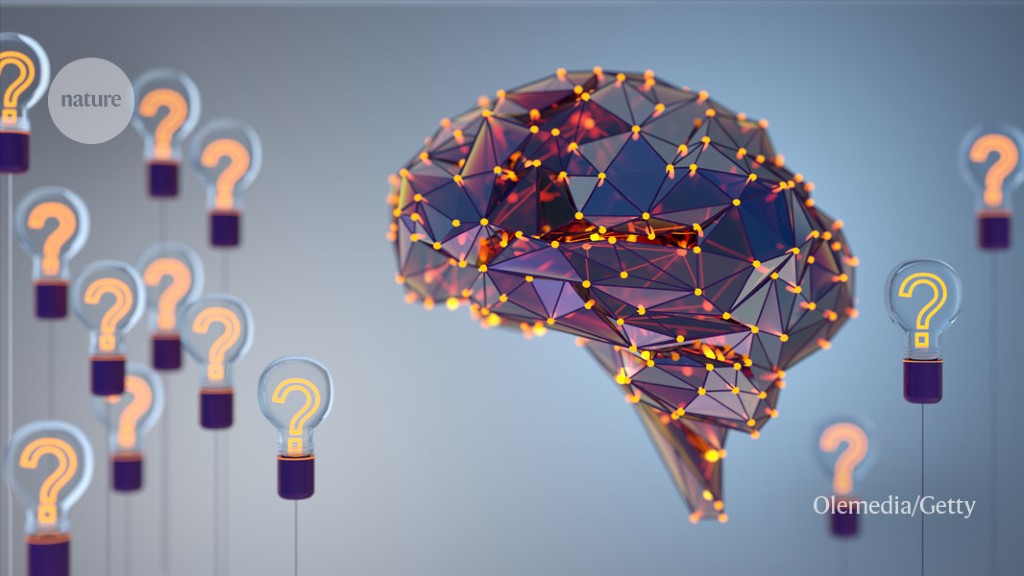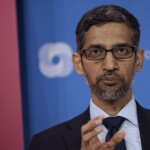A gathering of researchers, including a prior award winner, convened in Stockholm in early October to explore the potential of artificial intelligence (AI) in advancing scientific endeavors, coinciding with the announcement of this year’s Nobel laureates by the Nobel Foundation. Facilitated in part by Hiroaki Kitano, a scientist and the CEO of Sony AI in Tokyo, the workshop delved into the concept of recognizing achievements in AI and collaborations between AI and humans that lead to cutting-edge discoveries. Two years earlier, Kitano introduced the Nobel Turing Challenge, which aims to foster the development of highly autonomous systems, referred to as “AI scientists,” capable of making groundbreaking discoveries worthy of Nobel recognition by 2050.
The application of AI in medical research tasks, such as automating data collection, conducting statistical analyses, and even drafting sections of scientific papers, is relatively straightforward. However, the more challenging aspect lies in generating hypotheses, a process that typically demands a level of creativity to pose thought-provoking and significant questions. Analyst Senthil Mullainathan from the University of Chicago Booth School of Business described this analytical process as the most intense endeavor he has encountered in his career.
Breakthroughs in Network Analysis
AI systems designed to formulate hypotheses have a history spanning over four decades. In the 1980s, Don Swanson, a data scientist at the University of Chicago, pioneered the concept of literature-based discovery, an approach aimed at extracting latent knowledge from scientific literature. Swanson’s software, Arrowsmith, combed through published papers to uncover potential connections, such as the link between fish oil and Raynaud’s syndrome. By analyzing existing data through techniques like literature-based breakthroughs and constructing knowledge graphs, AI can unveil novel associations between various nodes, such as molecules and properties. This methodology significantly influences drug discovery and gene characterization processes across diverse scientific domains.
In the realm of healthcare, a revolution fueled by AI is on the horizon. One approach involves leveraging AI to assist researchers in generating innovative ideas. Yolanda Gil, a computer scientist at the University of Southern California, highlighted the efficacy of large language models in aiding brainstorming activities. While these models may occasionally generate erroneous information, Mullainathan emphasized the value of such “hallucinations” as they stimulate creative thinking and mimic authentic propositions.
Advancements in Hypothesis Generation
AI’s potential to explore uncharted territories is particularly evident in generating unconventional hypotheses. Psychologist James Evans from the University of Chicago advocates for AI to propose “alien” theories that diverge from conventional human-generated ideas. By developing algorithms that uncover hidden connections between elements and researchers, AI can propose hypotheses that challenge traditional assumptions, leading to novel insights and discoveries.
In the field of economics, Mullainathan and Jens Ludwig introduced a collaborative approach involving AI and human input to formulate comprehensive hypotheses. Their research, presented at the Economics of Artificial Intelligence Conference, demonstrated how AI could identify subtle facial features influencing judges’ decisions in legal contexts. This methodology could be extended to other complex datasets, such as electrocardiograms, to reveal critical patterns imperceptible to human observers.
Automation in Experimentation and Hypothesis Testing
The iterative process of hypothesis formulation and experimentation in scientific inquiry is undergoing a transformation with the advent of automated systems. Ross King, a machine scholar at Chalmers University of Technology, is pioneering the development of mechanical devices like Adam and Eve, designed to automate experiments in bacterial growth and drug discovery, respectively. These “robot researchers” hold the promise of enhancing the reliability, affordability, and efficiency of scientific research.
Looking ahead, the integration of AI in hypothesis generation necessitates a balance between data-driven insights and adherence to established scientific principles. As the volume of data collected through automated means escalates, the ability to pose intelligent and adaptive questions becomes paramount in maximizing the potential of AI-driven research endeavors.






